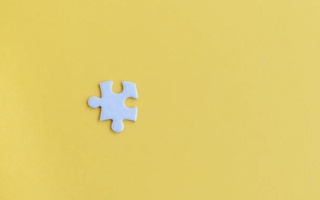What Constitutes Change?

Today we had a very interesting discussion during our skype session centered around the topic of change, both in our work and our practice. I first posed the question of: What constitutes change in our professional practice as a result of the learning and reflection accumulated through this course? For me the changes we are expected to see contradicted the framework of my research project in which I conducted an ethnographic study within my professional practice and took care not to alter my surroundings through my observation and questioning in order to provide a true representation of my work environment free from unfamiliar bias. Are things really changed by one simply observing it? Even if a researcher evokes change, is it significant in comparison to the wider field of knowledge? Is the researcher merely a small piece in an infinite puzzle or wider learning? Adesola voiced a school of thought that as a researcher you are fundamental to your field and your...
